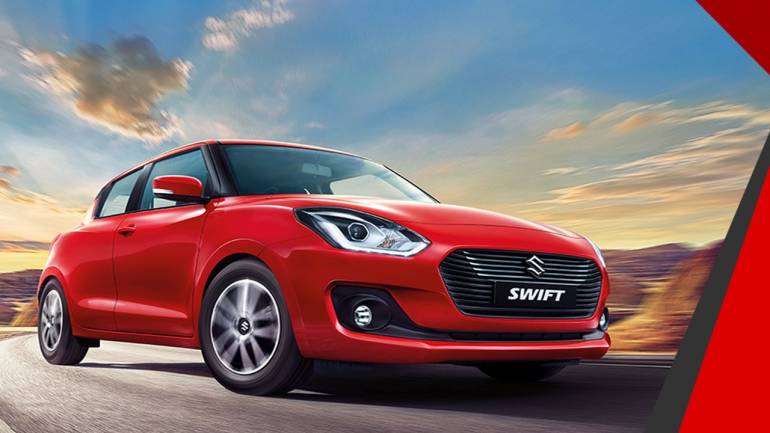
Mumbaikars do not like black cars, but those, especially burly SUVs, sell like hot cakes in Delhi. Likewise, cars from South Mumbai find few takers, thanks to multiple stories about rust eating into the vehicles because of the area’s close proximity to the sea.
These are few of the crucial analytical tools used by online marketplace Truebil.com, which sells used cars. Launched five years ago, the Mumbai-based startup which has operations in three cities (Mumbai, Delhi and Bengaluru), say it is on course for a multi-fold growth in the immediate future.
Truebil co-founder Shubh Banal said, “We have grown 5X from last year. Currently we are doing Rs 30 crore of revenue every month while GMV (gross merchandise value) is around Rs 40 crore. Last year the average run rate was Rs 4 crore a month. The target for this year is to grow again by 5X.”
The young startup recently closed a Rs 100-crore funding which it raised from “Japanese and existing investors”. These funds will be used for opening new geographies and for going deeper into the existing market.
A little more than a year back, the company ventured into the brick and mortar medium from being an exclusive online marketplace company. It now buys cars at auctions, refurbishes it and makes a double-digit margin after selling it to buyers.
But, unlike its competition, Truebil heavily relies on data on consumer-buying trends to help it choose its inventory wisely.
For instance, Bansal said, “I have a Rs 15 crore inventory risk on my balance sheet. That’s why we have data analysis. Netflix and Amazon have a movie list that is high on viewership with predictable viewers. Same way we have it for cars. I know Honda Jazz sells very well at high price. So I will procure Jazz as against an Accord that does not sell well.”
“I have a market place where 600 cars are sold every month and I have a data bank of all those transactions. This is where technology comes into the picture to help with analytics,” added Bansal.
On an average, Truebil retails around 500 procured cars a month for now. But, unlike its competitors such as Maruti True Value and Mahindra First Choice, it does not rent a glittery showroom in the middle of a metropolis.
“I will always take the cheaper basement car parking of malls which helps me save on cost. Per month per car I am paying Rs 1,500. If I take a showroom it would go up to 5,000-10,000,” added Bansal.
Truebil has started with a parking lot and a showroom, both in Powai, Mumbai. The parking lot houses 200 cars and. Two more are coming up in Vashi and one in Thane. But, Bansal is quick to add that these are not the high-end showrooms where people are expected to do window shopping. It is a basement parking where people just come and finalise the transaction.
The market
Presently, more than half of India’s used car market is unorganized, where the seller is either a roadside garage owner or an acquaintance of the buyer. However, transactions are steadfastly moving online.
Nearly one in every five used cars sold in India is sold online. The online medium now accounts for 19 percent share of the used-car market sale whereas the same was nil in 2009, according to Mahindra-owned Indian Blue Book (IBB).
The used-car sales is estimated to have touched four million units last financial year while the new car market ended last year with sales of 3.3 million units. In developed markets like the US, the used-car industry is three times the new car industry, but in India it is just 1.3 times.
India’s used-car market is collectively worth over Rs 20,000 crore, which is estimated to grow to Rs 50,000 crore by 2022 as per IBB.
The average price of a used car sold in India is Rs 3.1 lakh, with a majority of them being hatchbacks including Maruti Suzuki Swift, Wagon R and Hyundai Grand i10.
According to Bansal, though new cars are growing in single digit, used cars are growing at 12-15 percent every year, fuelled by first-time car-owners. Around 85 percent of used car buyers were people who were upgrading from a two-wheeler.
In a robust marketplace such as this there is space for everyone to grow. “We don’t want to grow like food delivery startups where the focus is only on expanding business. We want build the brand first. Our target for next year is Rs 1000 crore annual revenue and this will include expansion to new cities like Chennai. And from there on Rs 3,000-4,000 crore revenues in next to next year,” added Bansal.
[“source=moneycontrol”]





